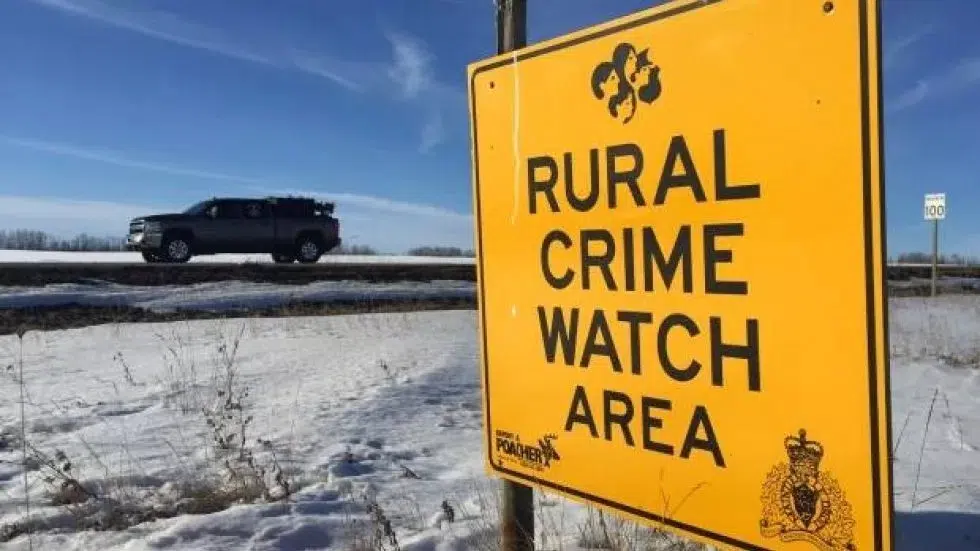
Year in Review: Rural crime debate burns hot as Stanley trial approaches
As 2017 draws to a close, paNOW is taking a look back on the most important and impactful stories of the year, selected by our reporters and editorial staff.
—
The shooting of Colten Boushie in August of 2016 reignited one of the most divisive and hotly-debated topics in recent memory – Saskatchewan’s problem with rural crime. Although more than a year has passed since the 22-year-old was killed, Gerald Stanley’s upcoming murder trial and calls for better rural law-enforcement fanned the flames and kept the rural crime debate burning hot throughout 2017.
While some argued the shooting of the young Red Pheasant man was a callous act motivated only by racism, others claimed a lukewarm police response to rural crime forced farmers to take their safety into their own hands. Since the shooting, various community groups and government organizations have been established to try to address the issue and prevent more tragic deaths. With the shooter’s murder trial set to begin next month in Battleford, the often-heated debate shows no signs of losing steam.


